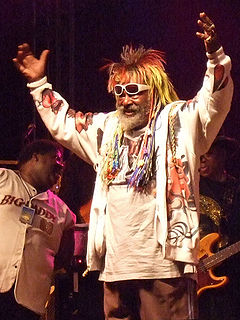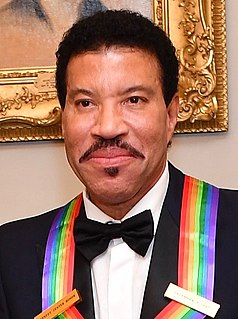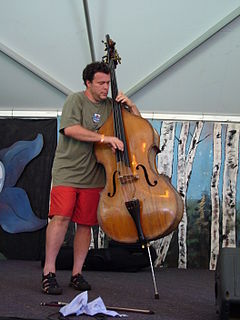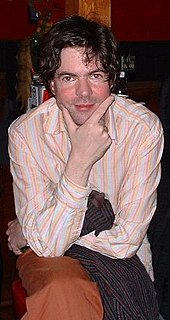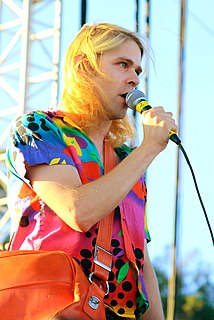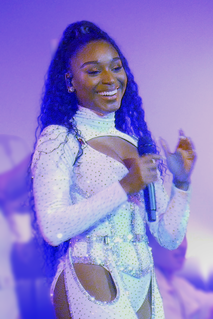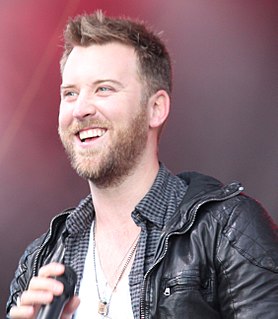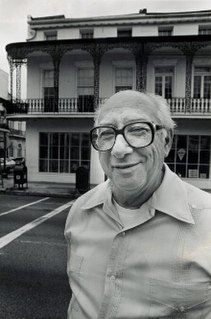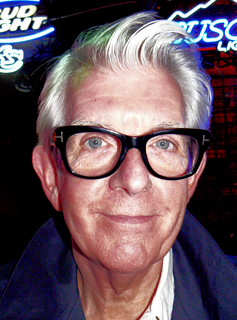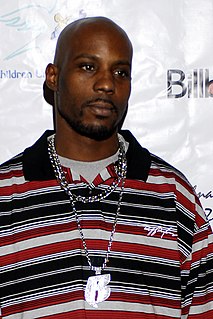A Quote by Jason Mraz
I buy records from all across the board. I get kind of a hybrid of influences in my own music.
Related Quotes
Most of the music I've become interested in is hybrid in its originsClassical music, of course, is unbelievably hybrid. Jazz is an obvious amalgam. Bluegrass comes from eighteenth-century Scottish and Irish folk music that made contact with the blues. By exploring music, you're exploring everything.
We love all kinds of music: We love pop music, we love rock music, we love R & B and country, and we just pull from all our influences. So I don't really take offense as long as people are coming out to the shows and buying the records and becoming fans of the music. At the end of the day, the music is what's gonna speak to you.

